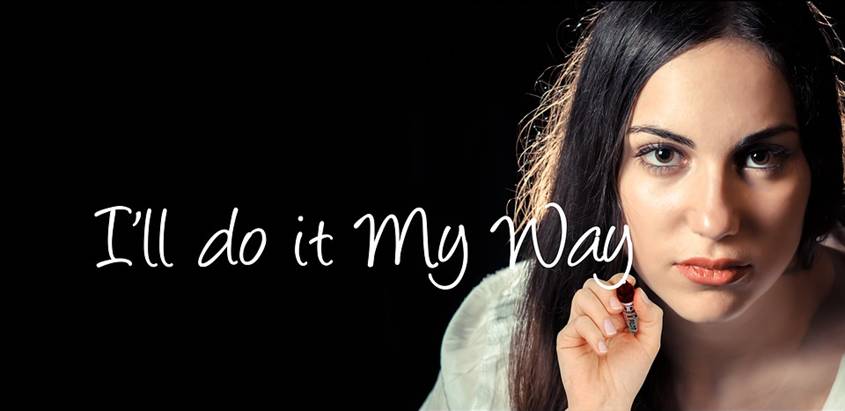What a shame! Assertiveness is not something we learn at school, so if you cannot learn it from your parents, because they never learned it from their own parents, then you can be easily manipulated and pushed over.
Everybody hates being pushed over. I see it as a natural part of life. We all do everything we can to improve our position, and if others are in our way, we push them aside. Sometimes, well, most times, we hurt people along the way without any bad intentions. Assertiveness can help us do better in life without hurting anyone.
Many of my clients mainly need assertiveness. When we do not have it and we cannot express our needs and assert our rights, we resort to either avoidance or aggression. It is the old “fight and flight” response. We see a lion or a snake and we either run away or attack. So when I see aggression or avoidance, I know that assertiveness is needed.
Read Assertiveness: It is better to be Wise than to be Right »





